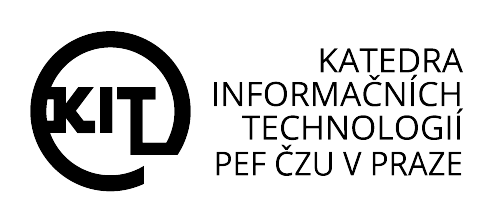Cacao-Tech is a game-changing project in the cocoa industry. It brings digital technologies to where traditional practices have dominated for centuries, demonstrating that innovation can mean not only greater efficiency, but also fairer trade, less waste and greater trust between farmers and consumers.
Cocoa is the basis for chocolate production, and the global market for this commodity is expected to reach $15.5 billion by 2031. Yet the sector remains marred by lack of transparency, complex trade chains and waste. Up to 90% of cocoa production comes from smallholder farmers and passes through a network of intermediaries, which complicates traceability and reduces farmers’ ability to achieve fair prices. In addition, only a fifth of the fruit – the cocoa beans – is used. The skins and pulp end up as waste, although they could be used to produce beverages or organic fertilizers. The situation is also being affected by the new European regulation EUDR, which requires clear documentation of origin and growing conditions.

Cacao-Tech is solving these problems. The project uses portable infrared scanners connected to artificial intelligence, which can assess the quality of cocoa beans and pulp in a matter of minutes. This allows for a fairer valuation of production directly at the point of collection and reduces losses caused by mixing poor-quality fruits. At the same time, a system is being introduced that tracks the movement and origin of the raw material throughout the entire value chain - from the farmer to the final consumer. A transparent database stores information on harvest time, location and variety, paving the way for a fairer distribution of value.

But the project is not just about technology. Digital responsibility plays a key role, i.e. the guarantee that technology serves people and respects their rights. Cacao-Tech ensures that farmers have full control over their data, that consents are not a one-off formality but an ongoing process, and that cybersecurity is a given. Data becomes a common resource from which small producers also benefit, not just large corporations. In addition, algorithms are continuously tested and adapted to local conditions to reflect reality and eliminate errors.
The implementation in Ecuador has shown that it is not enough to simply transfer the European model. In an environment with lower digital literacy and different cultural traditions, it is necessary to proceed sensitively, respect local customs and offer simple and user-friendly solutions. “Farmers need to be convinced that the technology brings them tangible benefits, not just additional bureaucracy,” says the Cacao-Tech team. And that is exactly what is happening – immediate benefits in the form of fairer prices or waste utilization are visible and encourage willingness to get involved.

Although the project focuses on cocoa, its potential extends far beyond. The technology is already being tested on peanuts in India and avocados in the Netherlands, and shows promise for other crops such as coffee, tomatoes and cereals. Thanks to the open sharing of technologies within the DRG4FOOD Toolbox, innovations can be extended to the entire food system.
The project is led by a 100% female consortium consisting of the Department of Information Technology at the Faculty of Economics and Business Administration of the Czech University of Life Sciences in Prague, the Ecuadorian company Pacha de Cacao and the Dutch company Wageningen Research. The combination of technology experts, cocoa chain experts and experts in sustainable food systems proves that even a traditional industry can be transformed by modern means. Cacao-Tech is not just about cocoa – it is an example of how digital responsibility can change the future of food.


